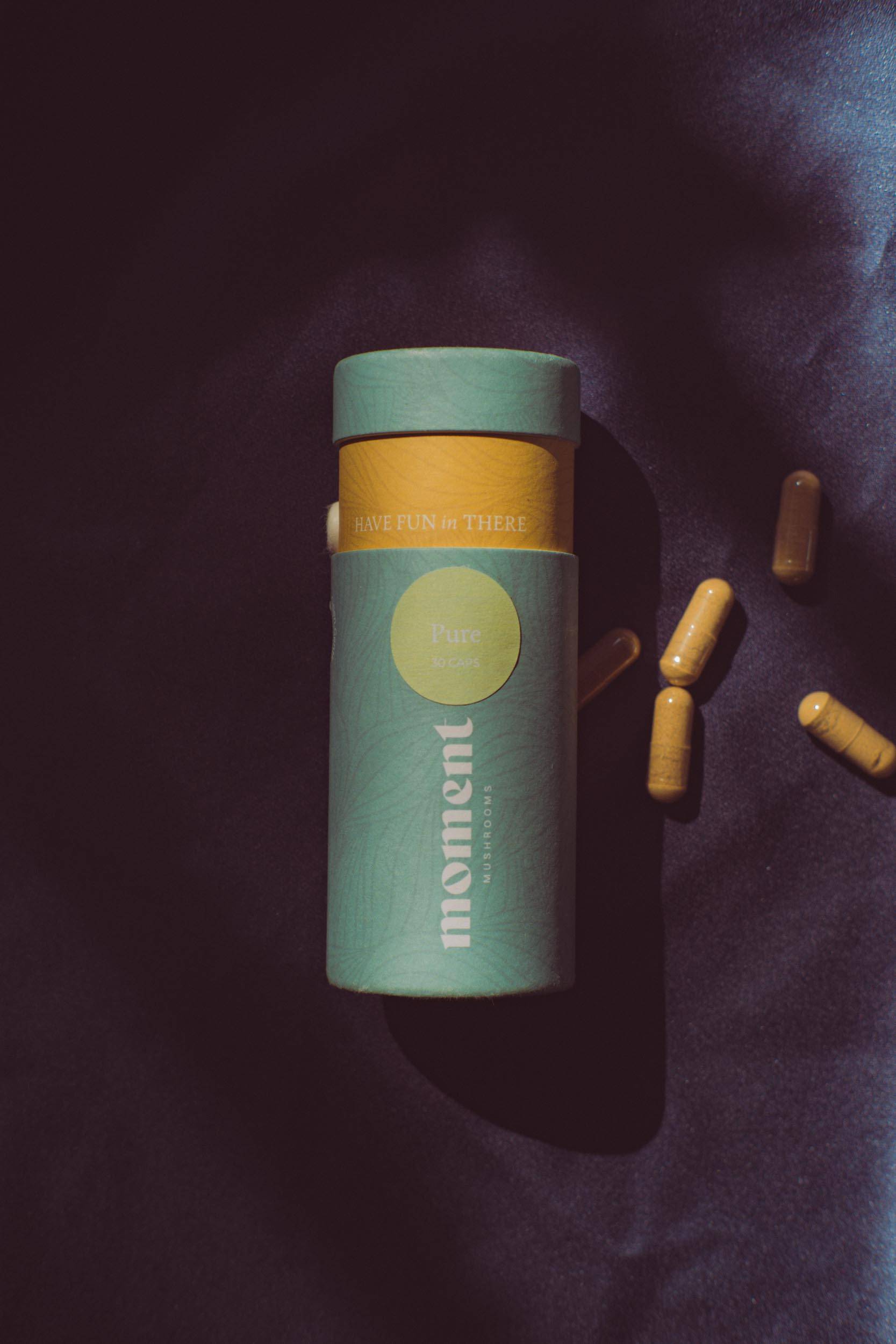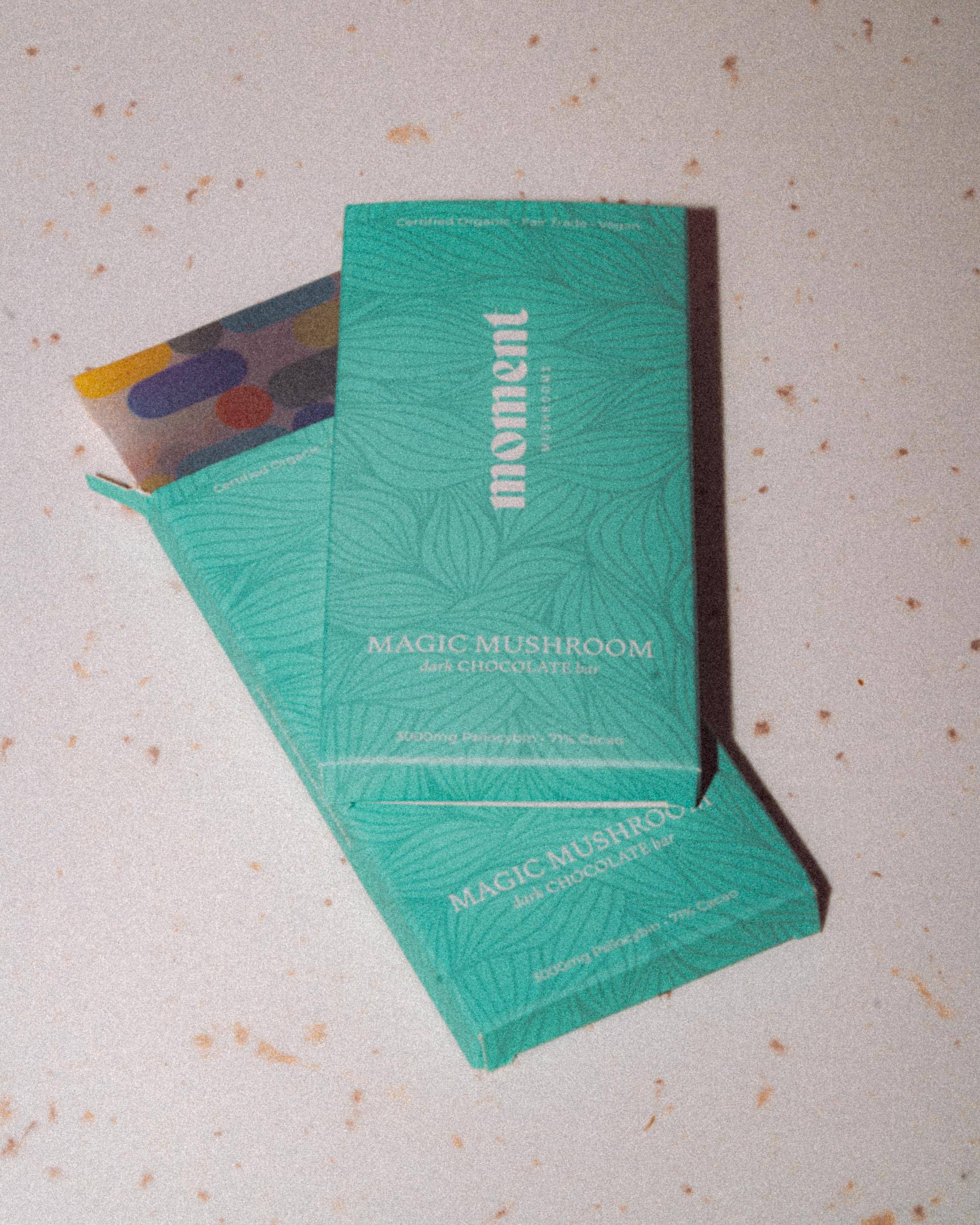A Nurse’s Introduction to Psychedelic Substances
People use drugs...
When I say “drugs,” I mean substances.
Substances can be:
legal like alcohol, cannabis and tobacco
prescribed medications like birth control, antidepressants, and antibiotics
Or illegal, like methamphetamine, MDMA and psychedelics.
People use all kinds of substances for various reasons. In my experience, I have seen first hand how substance use and mental health are closely linked: substances can exacerbate mental health symptoms, and people with mental health concerns are more likely to use and become dependent on substances.
As a registered nurse providing care to people from all walks of life, I am responsible for being open-minded and supporting people’s right to autonomy, respect and safety while empowering them to make informed decisions about their health and well-being.
Harm reduction principles guide my interactions with patients, inform my practice and assist in facilitating the reduction of risks associated with substance use. I prioritize the safety and well-being of my patients. For more than 20 consecutive years, nursing has been identified as the most trusted profession; nursing combines the art of caring with the science of medicine, allowing nurses to build trust and rapport through therapeutic relationships with clients.
These relationships provide the opportunity to discuss substance use from a position of support rather than a position of law enforcement. Harm reduction does not condone or promote drug use. Instead, it recognizes that substance use exists in our society and that all people deserve compassionate, non-judgmental healthcare regardless of their use of substances.

Harm Reduction Principles:
- Substance use is complex and multi-faceted; no “one-size-fits-all” approach exists.
- Not all substance use is harmful. Abstinence is not required to be “healthy” or to access health care services.
- People who use substances deserve:
- To be treated with respect and dignity without judgment, stigma or discrimination.
- The right to access non-judgemental, evidence-based health care services.
- Access to evidence-based information to empower them in making decisions about their health.
- To be respected for their autonomy and supported to set their own health goals based on their needs, circumstances, abilities, beliefs and priorities.
Harm reduction is a critical thinking tool that provides solutions with the best possible outcome and the least risk for harm, and it is not only applicable to substance use; it is apparent when you wear a seatbelt or helmet, apply sunscreen or use a designated driver.
Every year, 25% of Canadians will personally face a mental health challenge. Access to timely, affordable and equitable mental health services is challenging from coast to coast, especially in remote areas.
My experience working within the Canadian hospital system has highlighted alarming limitations in treating mental health. I quickly became frustrated as I saw patients desperately seeking mental health care in a system ill-equipped to provide the support they require, ultimately leaving both the patient and myself feeling that the system had failed them.
A recent study determined Canadians with mental health concerns are most dissatisfied with the following:
- Long wait times in emergency departments and for psychiatric referrals.
- A perceived lack of:
- Priority for patients with mental health concerns.
- Respect, empathy or concern from staff in clinics and emergency departments.
The same survey identified that physicians prescribed medication to 93% of people seeking mental health support, but only 58% of patients reported those medications as being effective. In addition, less than 50% of patients said that their physician also provided information about available community mental health resources, programs and services.
Many of the medications used to treat mental health conditions:
- May have unpleasant side effects such as: increased anxiety, indigestion, weight gain, decreased libido, headaches and insomnia.
- May take weeks to months to take effect, and multiple medications may need to be trialed before experiencing results.
- Cannot be stopped abruptly without risk of withdrawal symptoms that can include deeper depression, increased anxiety and worsening suicidal ideation.
Western Medicine
Although Western mental health care practices may work for some, they leave many people looking for alternative treatments. As a result, healthcare providers must know that some individuals may self-medicate with psychedelic substances, especially if they feel the healthcare system has not addressed their needs. There is a vast amount of information (and misinformation) online and a resurgence of research and public interest using psychedelic substances to treat mental illnesses, such as microdosing magic mushrooms. However, traditional healthcare services have been slow to adopt psychedelics due to issues surrounding legality, regulations and the overall knowledge of healthcare providers.
The lack of formal education for healthcare providers and the stigma associated with substance use, combined with my experience sparked my exploration into alternative mental health treatments. Since then, I’ve been actively researching, networking and attending healthcare conferences on plant medicine and psychedelic-assisted therapies to increase awareness and education among healthcare providers, create a safe space for patients to discuss their use of substances and implement principles of harm reduction towards psychedelic substances.
All psychedelic substances, including psilocybin, the psychoactive compound in magic mushrooms, are illegal at the federal level. While some communities have decriminalized personal possession or unprioritized law enforcement, I must reiterate it is a criminal offence to consume or possess psilocybin under Canadian federal law.
Research on psilocybin has demonstrated positive effects on mental health and is considered relatively safe when used in regulated environments and facilitated by trained professionals.
Clinical trials have identified that psilocybin can:
- Improve emotional regulation.
- Reduce alcohol and nicotine dependency.
- Alleviate symptoms of depression, anxiety, obsessive-compulsive disorder and anorexia.
- Create new neurons in the brain (neurogenesis) and increase the flexibility of the mind (neuroplasticity), allowing new mindsets and habits to form.
- Increase creativity, empathy and well-being.
- Strengthen one’s connection to nature and others.
However, psilocybin is not safe for everyone. Therefore, healthcare providers must provide a safe, non-judgmental space for their patients to express interest in, or disclose their use of psilocybin for their mental health symptoms without the fear of stigma, discrimination or legal repercussions.
Unsupervised experimentation with psilocybin is not recommended for individuals who:
- Have a history of psychosis, schizophrenia, certain personality disorders, and bipolar disorder (I or II).
- Have neurological conditions, such as stroke, epilepsy or traumatic brain injury.
- Are pregnant or breastfeeding.
- Are experiencing active suicidal or homicidal ideations.
- Are going through active substance withdrawal.
Caution is also advised for individuals using medication to treat their mental health symptoms, as psilocybin can cause potentially harmful medication interactions. Further, psilocybin can cause unpleasant experiences, especially in first-time users, at high doses or without appropriate preparation or setting.

Thanks for reading
The people who operate Moment Mushrooms connected with me as they desired a way to support their customers who have questions about their mental health, medication interactions and psilocybin use. I am grateful for this opportunity to use my career, knowledge and passion to educate Moment Mushroom customers and support them on their healing journey. Stay tuned for more as we collaborate on creating evidence-based, harm-reduction content to support Moment Mushroom customers.
- Psychedelic Registered Nurse
Connect with me on Instagram

